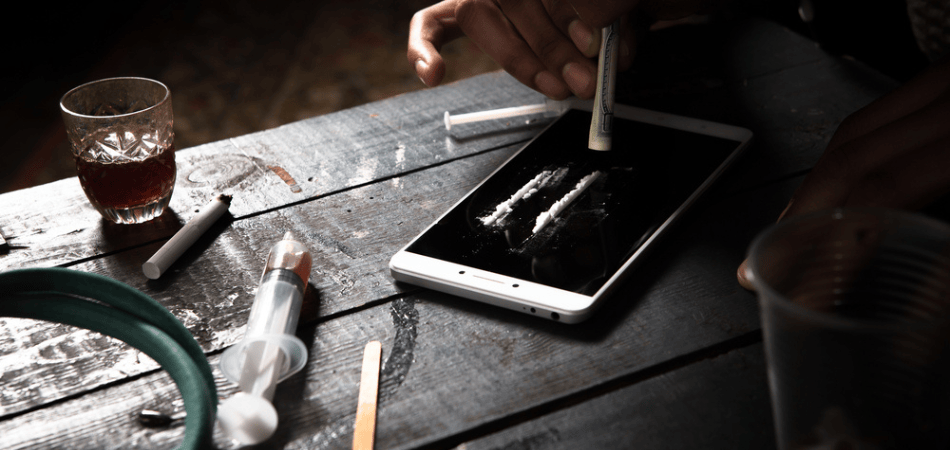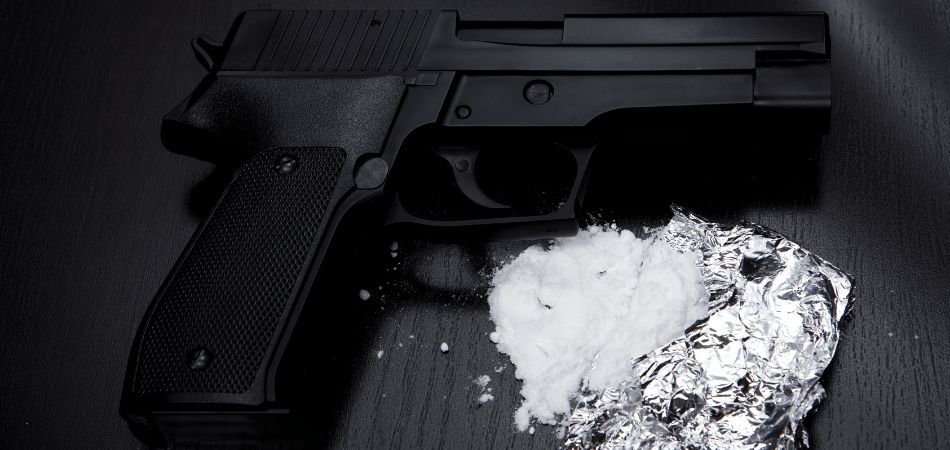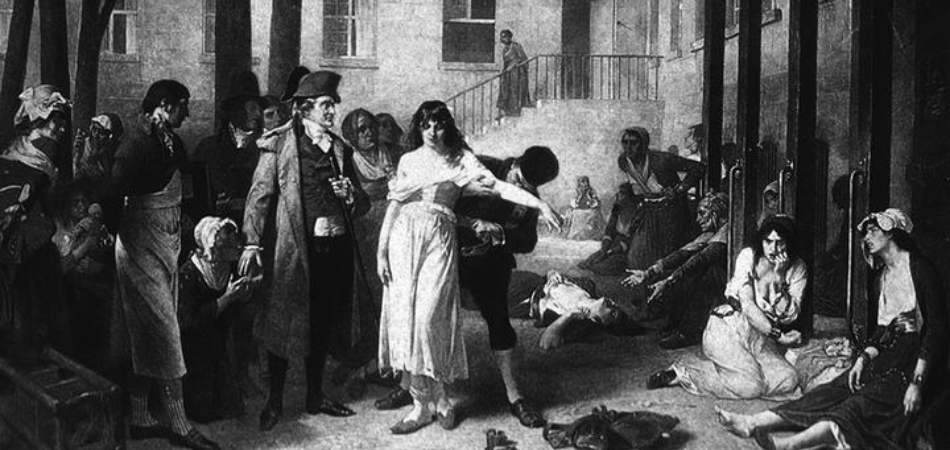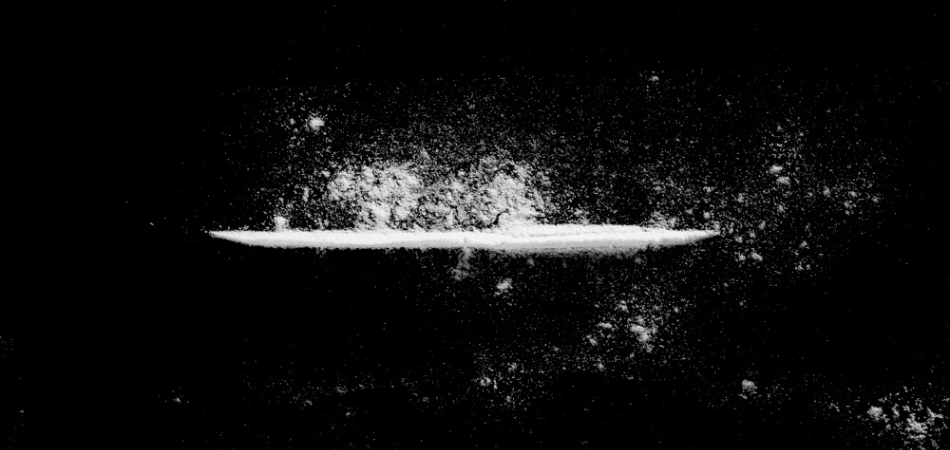Cocaine rehab

Written by:

Medically Reviewed by:
Last Updated:
March 3rd, 2025
“The secret of change is to focus all of your energy, not on fighting the old, but on building the new.” – Socrates
Cocaine rehab is not just about stopping cocaine use but about making wholesale, meaningful changes in your life. The iron grip of cocaine addiction can feel inescapable, but cocaine rehab is an exit door that is available to you right now. Cocaine rehab can help you begin a new life full of all the opportunities that seemed lost to you forever. With the help of Oasis Runcorn, you can put the memory of drug addiction behind you and begin to look forward.
What is cocaine rehab?
Cocaine rehab is an immersive, comprehensive treatment programme designed to break the shackles of addiction. It involves a blend of drug detox, therapy, counselling and aftercare support to help you overcome your dependency and embrace a healthier, happier life. The goals of cocaine rehab are to dig to the roots of your condition, address these issues effectively and equip you with practical coping mechanisms for sustained sobriety.
What are the benefits of cocaine rehab?
Entering a cocaine rehab centre does more than help you stop using cocaine; it changes your life entirely. Cocaine rehab grants you a new lease on life, a chance to repair relationships and learn skills and strategies for a healthy lifestyle. Through cocaine rehab, you can regain lost self-esteem or ambitions, become closer to loved ones, experience financial stability and avoid legal problems associated with cocaine use.
Do I need cocaine rehab?
One of the biggest obstacles to starting cocaine rehab is accepting that you need help. If you are questioning whether cocaine rehab is necessary for you, ask yourself these questions:
- Have I attempted to stop using cocaine unsuccessfully?
- Is my cocaine use affecting my relationships and work?
- Am I experiencing health issues due to cocaine use?
- Do I need cocaine to feel normal or to function?
- Am I lying to my loved ones about my cocaine use?
- Do I experience withdrawal symptoms or cravings when I stop using cocaine?
If you answered yes to any of these, it may be time to consider treatment for cocaine addiction.
Different cocaine rehab options
There are two main types of cocaine treatment: outpatient and inpatient. Outpatient cocaine rehab allows you to continue living at home and maintain a relatively normal routine while attending treatment sessions. Inpatient cocaine rehab requires a residential stay at a cocaine rehab centre, providing an immersive, focused recovery experience.
Inpatient cocaine rehab offers a variety of benefits, including:
A safe and secure environment for recovery
The safety and seclusion of a cocaine rehab centre allow you to focus solely on your recovery, minimising distractions and temptations that could derail your progress.
No access to cocaine or other substances
In an inpatient cocaine rehab centre, the absence of drugs ensures that relapse during treatment is highly unlikely.
Sanctuary from cocaine triggers
Inpatient cocaine rehab centres provide a refuge from the triggers in your daily life that might stimulate cravings.
Round-the-clock care
With professional staff available 24/7, you never have to go through your journey alone. They are there to manage withdrawal symptoms during detox, help you navigate emotional upheavals and guide you on every step of the cocaine rehab journey.
A network of supportive people
Inpatient cocaine rehab enables you to connect with the staff and other clients who are going through the same experiences. This creates a sense of camaraderie and community, which are crucial for recovery.
Cocaine rehab at Oasis Runcorn
Cocaine rehab begins with a medically supervised cocaine detox to rid your body of cocaine and begin the healing process. We then provide a range of rehab therapies which have been carefully selected to cover every aspect of your condition:
Group Therapy is a cornerstone of the cocaine recovery process. It offers a supportive environment where you can share experiences, learn from others on the same journey and receive and provide mutual support.
Dialectical behaviour therapy (DBT) is another evidence-based approach that builds upon the principles of CBT but adds a critical component—acceptance. DBT trains you to accept your current situation (without judgement), while simultaneously working towards change. It provides tools to deal with distressing, reducing the urge to turn to cocaine during difficult moments.
Family therapy recognises that addiction doesn’t occur in a vacuum—it affects everyone around the person suffering. It focuses on repairing the damage that cocaine use may have caused to your relationships, empowers constructive conversations and helps develop healthier family dynamics. All of these play a crucial role in supporting your journey to sobriety.
Holistic therapies like mindfulness and yoga therapy help you build a balanced lifestyle, equipping you with healthier coping mechanisms for the future.
How to prevent cocaine relapse
Cocaine rehab is just the first stage of recovery, and transitioning from rehab back to everyday life can be challenging. Preventing cocaine relapse during this time requires an array of strategies, all aimed at supporting your ongoing recovery and helping you navigate life post-rehab. Effective cocaine relapse prevention strategies include:
Committing to your recovery plan
Your recovery plan, developed during your time in cocaine rehab, is a roadmap guiding you to sustained sobriety. It includes strategies to manage cravings, techniques to handle stress and ways to replace drug-seeking behaviours with healthy alternatives. Sticking to this plan post-rehab is essential in preventing relapse.
Engaging in self-care
Regular exercise, balanced nutrition, adequate sleep, and recreational activities that you enjoy all contribute to your overall well-being and resilience against relapse. Learning to recognise and manage your emotions also helps in preventing unhealthy coping mechanisms such as returning to cocaine use.
Avoiding triggers
Triggers can be places, people or even emotions that remind you of cocaine use and stimulate cravings. Identifying your unique triggers and learning to deal with them effectively forms a crucial part of your relapse prevention plan.
Maintaining a supportive network
Support can come in various forms: family and friends who understand and respect your recovery, recovery groups where you can share experiences and gain mutual encouragement or our alumni programme, which provides exclusive messaging groups and social events. Having people who support and understand your journey can provide you with additional strength to resist relapse.
Engaging in aftercare
Recovery doesn’t stop after leaving cocaine rehab; it is a lifelong journey that requires ongoing support. That’s why at Oasis Runcorn, we offer one year of free weekly group therapy to all our clients. These sessions provide a safe space for you to discuss your challenges and victories, learn from others’ experiences and receive professional advice. This continuity of care ensures that you’re not alone in your post-rehab journey, significantly contributing to relapse prevention.
How to help a loved one in cocaine rehab
When a loved one is in cocaine rehab, your understanding and support can make a world of difference. Here’s how you can help:
Educate yourself
Educating yourself about the cocaine rehab process and the journey of recovery can help you better empathise with your loved one and provide meaningful support.
Keep communication open
It’s crucial to foster an environment where your loved one feels safe to express their thoughts and feelings without fear of judgement or criticism. Encourage them to share their experiences and reassure them that their feelings are valid. Your willingness to listen can provide them with much-needed emotional support.
Encourage professional help
Encourage your loved one to fully engage in their cocaine rehab programme and participate actively in their therapy sessions. Reinforce the importance of following the guidance provided by the rehab professionals.
Respect their space and time for healing
Recovery requires time, patience and personal introspection. Understand that your loved one may need space and quiet moments to reflect, heal and build new coping mechanisms. Be available for visits and conversations but avoid overwhelming them with constant interaction.
Maintain a drug-free environment at home
This is one of the most concrete ways you can support your loved one’s recovery. Remove any substances or paraphernalia that could trigger a cocaine relapse. Encourage a healthy and positive atmosphere, promoting habits that support well-being and recovery.
How to start cocaine rehab
Beginning your journey to recovery at Oasis Runcorn is just a call away. Contact us to discuss your needs, and we’ll guide you on the right path to recovery. Our cocaine rehab programmes provide all the support and professional guidance you need to achieve sobriety and build a future free of cocaine and full of new and exciting opportunities.





